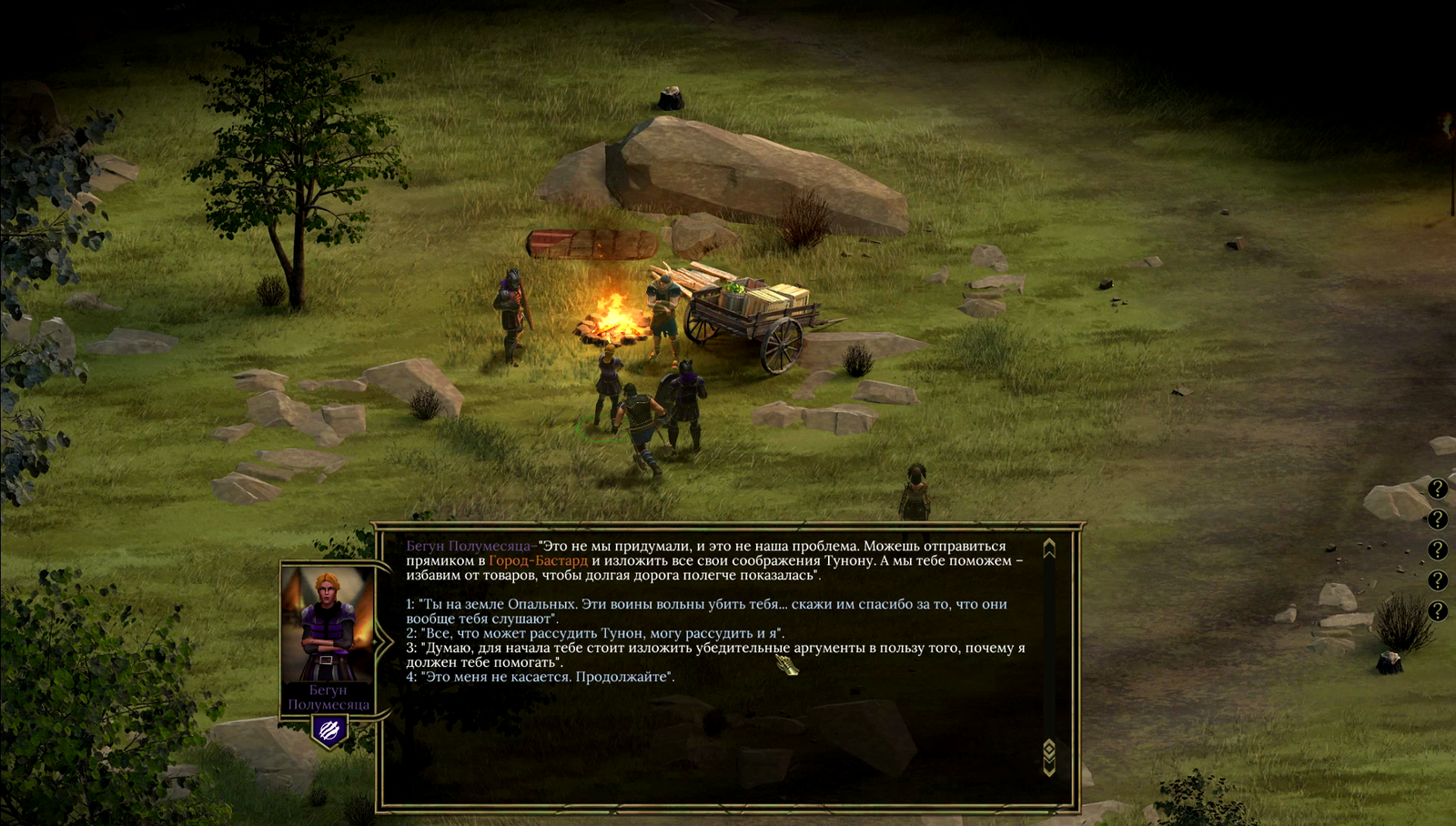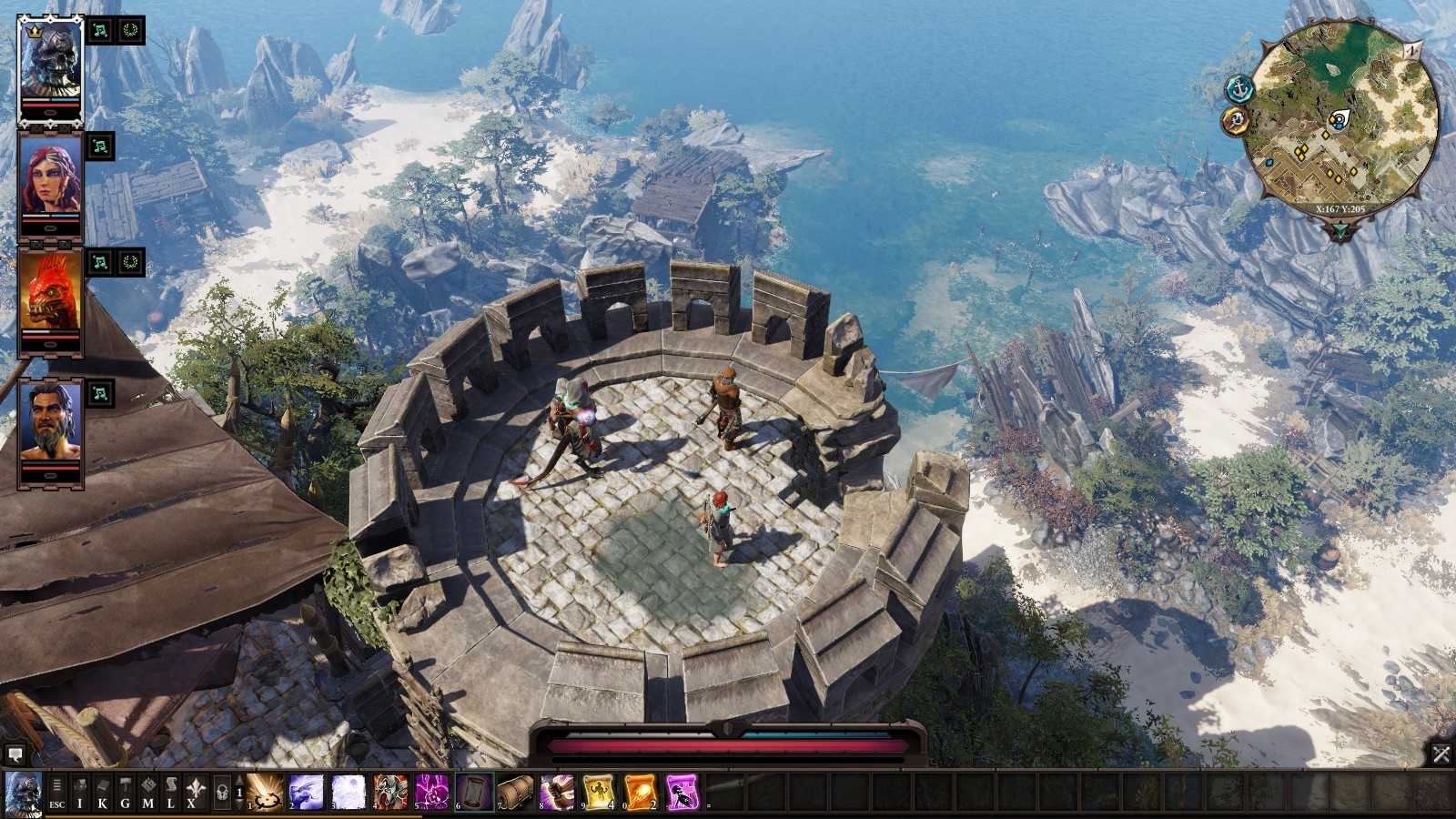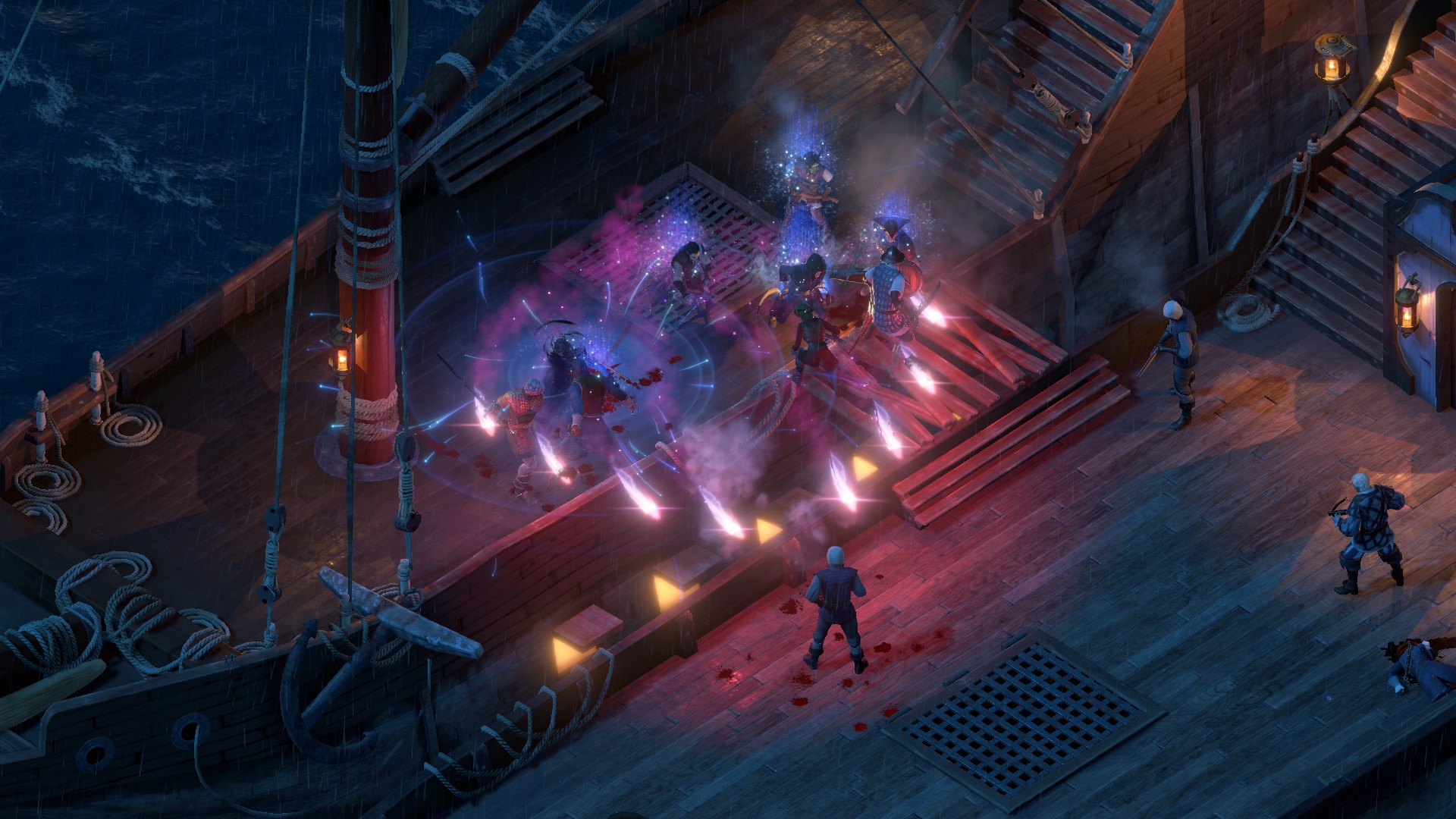How Chris Avellon Fell Out with Obsidian
In November, it became known that Obsidian had lost its independence and moved under the wing of Microsoft. Chris Avellone, a game designer who previously worked for Obsidian, said he was ready to work on the studio’s new games — provided that its management was fired. We are figuring out what is the reason for his dislike of the top Obsidian.
Chris Avellon
“We have not promised any payments”
Chris Avellon left Obsidian in June 2015, joking that he had been offered a professorship at Hogwarts. He wished his former colleagues all the best. And only three years later he admitted that his departure was accompanied by a real drama.
It turned out that he had a desire to quit during a protracted conflict with the head of Obsidian, Fergus Urquhart. Avellon worked with him back at Interplay in the early noughties. At that time, their relationship was so trusting on Avellon’s part that he followed Urquhart to Obsidian and defended his point of view for the next nine years, if necessary.
But then Urquhart himself admitted that even in Interplay he put a stick in Avellona’s wheels and that it was because of him that the game designer often had problems. This revelation turned out to be very painful for Avellon; since then he has begun to take a closer look at what Urquhart is doing at Obsidian.
While working at Interplay, Avellon led the development of Planescape: Torment.
Urquhart was Avellon’s immediate superior for a year. All this time, the game designer has been paying attention to various oddities in the management of the company, embezzlement and other “inconvenient situations related to finances.” According to Avellon, Urquhart used to squander the company’s funds without consulting other co-owners. He completely controlled all the flows of funds. Moreover, he added his wife, who did not even work in the studio, to the Obsidian payroll.
Fergus Urquhart
But what really shocked Avellon was Urquhart’s unwillingness to pay off his salary debts. When Obsidian was on the verge of bankruptcy, many employees voluntarily gave up their salaries to save the company. The company really pulled through, its financial situation improved, and then Avellon raised the question that it would be worth paying employees all the funds due. According to him, Urquhart replied to him: “We didn’t promise any payments,” in a tone that seemed to justify everything. He did not provide any other justification why it is impossible to return money to employees.
Only one of the co-owners of Obsidian sided with Avellon (to whom one of the employees had already made claims earlier), and together they managed to convince Urquhart to draw up a compensation plan.
Pillars of Eternity, which Chris Avellon had a hand in, became a hit.
In his last year at Obsidian, Avellon objected to Urquhart’s decisions more than once and asked him uncomfortable questions about finances. In the end, Fergus excluded him from the list of co-owners, saying only: “Don’t worry, we’ll still let you work on Tyranny.” It is curious that this happened a few days before Obsidian received the first deductions from the release of Pillars of Eternity. That is, the other co-owners divided Avellon’s share among themselves.
The game designer admitted that he had complaints about other Obsidian top managers. For example, he often quarreled with one of the founders of the company, Chris Parker. Due to Parker’s rash decisions, the work of several departments was delayed at once, which did not suit Avellon at all. Problems also arose with Tina Parker, Chris Parker’s wife and the head of HR, who molested Avellon.
All this, including friction with Urquhart, led to the fact that the game designer decided to quit Obsidian.
“They wanted to take away my right to work on an RPG”
According to Avellon, Urquhart and other managers did everything to make it as difficult as possible for him to be fired.
game designer
As a result of the termination of the relationship, Avellon, as a former co—owner of Obsidian (and moreover, as one of its founders), received nothing. When asked why Obisidian left him without dividends, Avellon replied as follows: he refused to sign the NDA, a non-disclosure agreement drawn up by Urquhart and other top managers. He was threatened with the deprivation of dividends if he did not sign the paper within 10 days after the withdrawal from the co-owners.
If Avellon signed an NDA, it would deprive him of the opportunity to work on RPGs like Tyranny.
The contract contained a clause prohibiting competition — because of it, Avellon actually lost the right to work on RPG games for other companies. He was allowed to develop an RPG for Obsidian, but only as a freelancer. The contract also forbade him to criticize his own projects and disclose any information about Obsidian.
game designer
After leaving Obsidian, Avellon, who is not bound by any non-disclosure agreements, managed to work on Divinity: Original Sin 2, Prey, Pathfinder: Kingmaker and Dying Light 2. And also warn people on Twitter more than once that you need to carefully check all the points of the proposed NDA — and preferably together with a lawyer.
After leaving Obsidian, Avellon joined Larian Studios and helped create Divinity: Original Sin 2.
Let’s add that due to disagreements with the same Urquhart, Leonard Boyarsky (a former Blizzard employee and founder of Troika Games) and Tim Kane once left the studio. Avellon speaks of them as very talented developers. Now both are working for Obsidian again, working on the mysterious Project Indiana, but Avellon suggests that new tensions between them and Urquhart may arise again.
“Hire developers and fire management”
By becoming part of Microsoft Studios, Obsidian will have at its disposal resources that it has never dreamed of in all 15 years of its existence. Chris Avellon did not approve the deal to buy Obsidian from the very beginning.
In the long run, this will go sideways to both sides — for various reasons. But it's really hard to give up a bundle of dollars that Microsoft is waving in front of a studio that has long wanted to sell. If I were a buyer, I would at least find out why they are so eager to get rid of it and whether key employees will remain in their places.
game designer
He also advised Microsoft to take a close look at the Pillars of Eternity sales figures mentioned by the Fig service. Pillars of Eternity II: Deadfire, for which Obsidian had so many hopes, was released in May and sold very poorly: according to Fig, about 110 thousand copies of the game were sold in total. And this is after the first part sold 1.3 million copies.
Pillars of Eternity II: Deadfire
Anyway, the purchase of Obsidian took place, and Avellon advised Microsoft: “Good authors work in the studio, but the management there is terrible. So hire developers and fire the management.” He insists that Obsidian’s top managers do not like games, but profits, and that Fergus Urquhart’s managerial style and his attitude towards employees leave much to be desired.
I don't hate him, I only have reasonable objections to his managerial style and how he ignores subordinates and how he treats them, especially taking into account their gender.
game designer
If Microsoft agrees to replace Obsidian’s management, Avellon added, then in this case he is ready to re-engage in work on its projects.
Also on the topic:
- Microsoft announced the purchase of Obsidian and inXile
- The designer of Pillars of Eternity II on the development of the sequel and the anger of fans
Sources: RPGCodex, Chris Avellon’s Twitter







